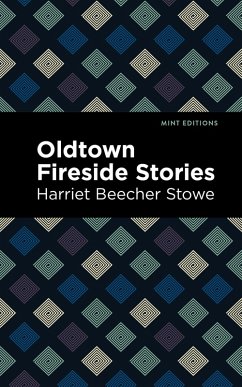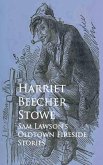Two boys bored of provincial life ask storyteller Sam Lawson to spin them some yarns. In "The Ghost in the Mill," Cap'n Eb Sawin gets stuck in a heavy snowstorm. In desperate need of shelter, he heads for the nearby mill to spend a strange night with old Cack. Oldtown Fireside Stories is a children's story collection by Harriet Beecher Stowe.
Dieser Download kann aus rechtlichen Gründen nur mit Rechnungsadresse in A, D ausgeliefert werden.









